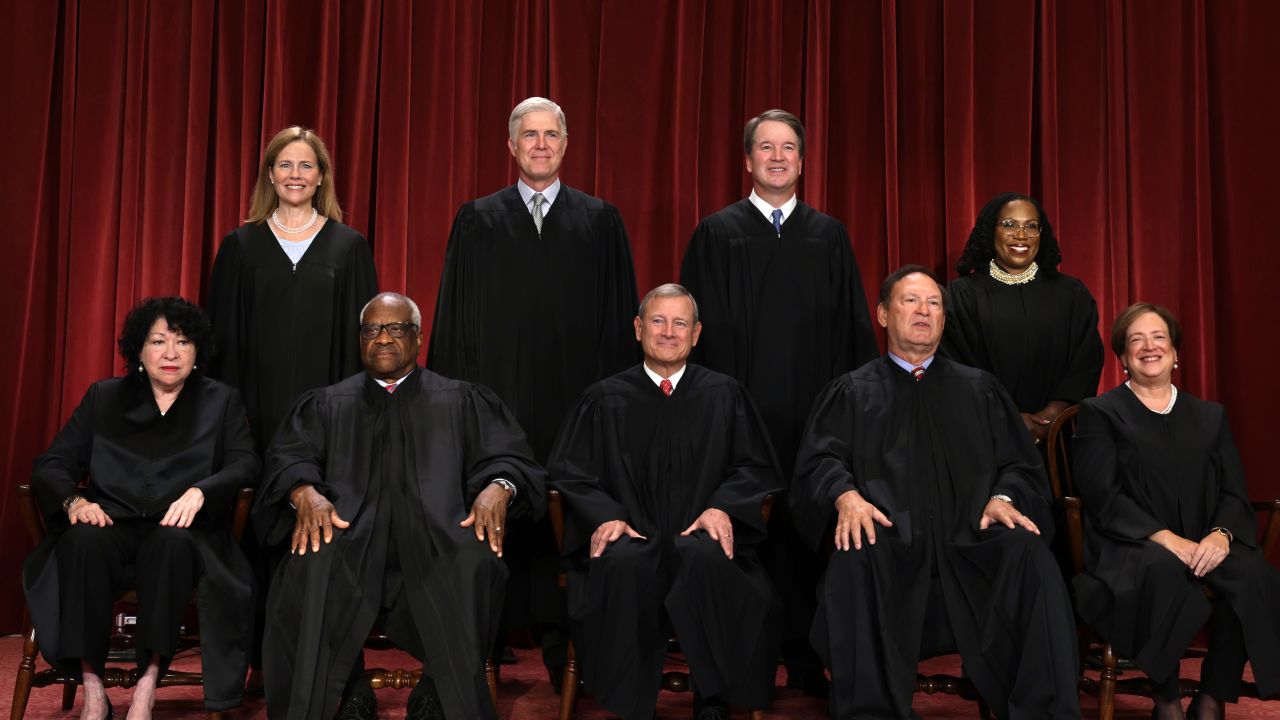Mifepristone is a drug approved by the US Food and Drug Administration that has been shown to be safe and effective for more than two decades.
The lawsuit from anti-abortion advocates claims that the drug is not safe and that the FDA didn’t study it enough to approve it.
Along with misoprostol, mifepristone is one of the drugs used for an abortion via medication, as opposed to surgery.
Mifepristone is marketed under the brand names Mifeprex and Korlym, and it’s sometimes known as RU 486.
Here are some key things to know:
How mifepristone works: Mifepristone blocks a hormone called progesterone, which helps the body maintain the inside of the uterus so a pregnancy can continue. A healthy uterine lining is what supports a fertilized egg, embryo and fetus.
Without progesterone, the uterus will expel its contents.
Someone having a medication abortion takes mifepristone and then, after 24 to 48 hours, takes misoprostol. That drug helps empty the uterus through heavy bleeding and muscle contractions.
The medications can be taken as soon as someone learns that they are pregnant and up to 70 days or less since the first day of their last period.
This method is effective 99.6% of the time when used to end a pregnancy, studies show.
How safe is mifepristone? Data from hundreds of studies and 23 years of approved use has shown that mifepristone is highly safe and effective, according to 12 of the country’s most respected medical associations, including the American College of Obstetricians and Gynecologists and the American Medical Association, which signed an amicus brief in the Texas case.
This medicine combination for abortion is also available in more than 60 other countries.
Since its approval in the US in 2000, there have been 5 deaths associated with mifepristone for every 1 million people who used it, according to the US Food and Drug Administration. That means the death rate is 0.0005%.
Mifepristone’s safety is on par with those of common over-the-counter pain relievers like ibuprofen and acetaminophen, studies show.
Data analyzed by CNN shows that mifepristone is even safer than some of the most common prescription medications. The risk of death from penicillin, an antibiotic used to treat bacterial infections like pneumonia, for example, is four times greater than it is for mifepristone. The risk of death after taking Viagra – used to treat erectile dysfunction – is nearly 10 times higher.
Side effects of mifepristone: Mifepristone usually doesn’t have many side effects, doctors say, but as with any drug, there can be short-lived ones.
Side effects of mifepristone may include dizziness, weakness, vomiting, headache, diarrhea, nausea, and fever or chills, according to the FDA.
Major adverse events like blood loss, hospitalization or a significant infection are “exceedingly rare,” happening in less than 0.3% of patients, according to the medical associations’ amicus brief.
How often is mifepristone used? The mifepristone-misoprostol combination is the most common abortion method in the US.
Preliminary data published February 2022 from the Guttmacher Institute, a research and policy organization focused on sexual and reproductive health that supports abortion rights, showed that medication abortion accounted for 53% of all abortions in the US.
Read more about the drug here.





















